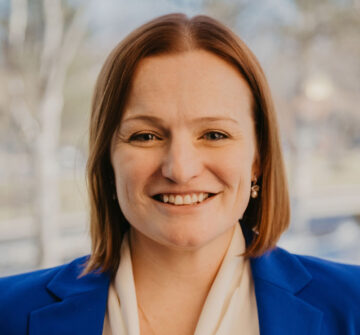




Olaris is a precision diagnostics company that is on a mission to revolutionize how diseases are diagnosed and treated. By leveraging their CEREBRO platform (Comprehensive Early Responsive Evaluation of Biomarkers Related to Outcomes), which combines metabolomics and machine learning, they are able to harness the power of the body’s own communication system to discover and develop their pipeline of myOLARIS precision diagnostics.
